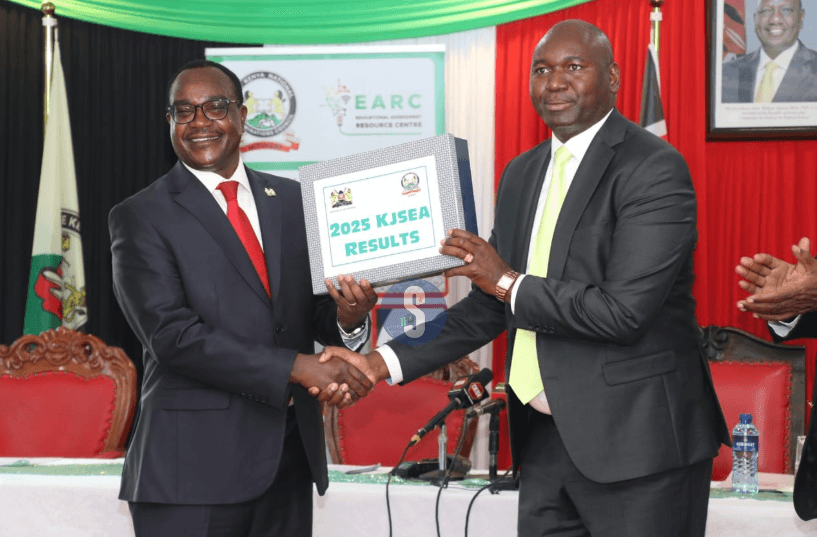Kenya is among three African countries piloting a new initiative to promote early cancer care.
The initiative, running for the next three years, will support early breast and cervical cancer detection, treatment and care services.
According to experts, when breast cancer is detected early in the localised stage, the five-year relative survival rate is 99 per cent.
Early detection includes doing monthly breast self-exams and scheduling regular clinical breast exams and mammograms.
Only 40 per cent of people with breast cancer are alive five years after diagnosis, in most sub-Saharan Africa, according to the World Health Organisation.
The WHO Regional Office for Africa, with support from Roche, announced that the initiative will be rolled out in Kenya, Cote d’Ivoire and Zimbabwe.
“Early detection is a key contributor to better cancer treatment outcome. With this approach, we aim to bolster the role of primary health care services to help avert excess mortality of African women from preventable cancers,” WHO regional director Dr Matshidiso Moeti said.
“The health of women will always be reflected in the health of our nations and we are proud to take these steps to tackle these treatable diseases, for the good of women, our communities and our countries.”
The initiative in the three countries includes health promotion, screening, early diagnosis and treatment as well as general primary care and screening for other non-communicable diseases.
In addition, early detection services will be integrated into existing cervical cancer screening clinics to ensure both old and new systems are unified.
The aim is to provide an integrated and holistic system of health care that will help address the burden of breast and cervical cancer in Africa.
WHO said the new initiative will also seek to increase health care worker’s ability to provide cancer care within communities through training.
“This programme marks an exciting and tangible step on the path to true health equity in Africa and demonstrates a new way in which the public and private sector can work together to drive real change within health care systems,” Roche Pharma International head for Africa Maturin Tchoumi said.
According to the Ministry of Health, the management of breast cancer is hampered by late diagnosis and poor referral system.
In July last year, a ministry survey showed most women found with breast abnormalities after ultrasound and mammography tests are never referred for diagnosis.
The health facilities — mostly health centres and Level 4 hospitals — do not even follow up on them, though some of the abnormalities are likely to be early-stage cancer.
The ministry surveyed 439 facilities, all with ultrasound, to identify gaps in breast cancer management.
The results are contained in the 'Breast Cancer Facility Baseline Assessment Report', released in Nairobi in July last year.
The ministry complained that most of the 6,799 annual breast cancer cases in Kenya are later diagnosed too late and most of the women never survive beyond five years.
The country reports about 3,100 breast cancer deaths every year.
“Only 27 per cent of facilities offered follow-up after an abnormal breast examination with either or both ultrasound and mammograms, while 21 per cent of these facilities linked patients with abnormal imaging results with further management,” the ministry said.
Most abnormal findings usually show a benign (not cancer) breast condition and only a small number of women have breast cancer.
However, immediate referral has been shown to substantially reduce mortality in women with breast cancer.
Dr Mary Nyangasi, head of the National Cancer Control Programme at the ministry, said cancer diagnosis is also a problem.
Screening is the regular check even in the absence of obvious signs or there are symptoms such as bleeding or a lump.
She said most hospitals have no capacity to diagnose cancer.
“Very few facilities in the country, we would say about 10 county referral facilities, are able to offer some form of cancer diagnosis,” Dr Nyangasi said.
“We're looking at scaling up cancer diagnosis so that all 47 counties, all county referral facilities should actually be able to do diagnostic biopsies for cancer patients.”
Cancer of the breast is the most commonly diagnosed cancer in Kenya and the second most-common cause of all cancer-related deaths in the country.













